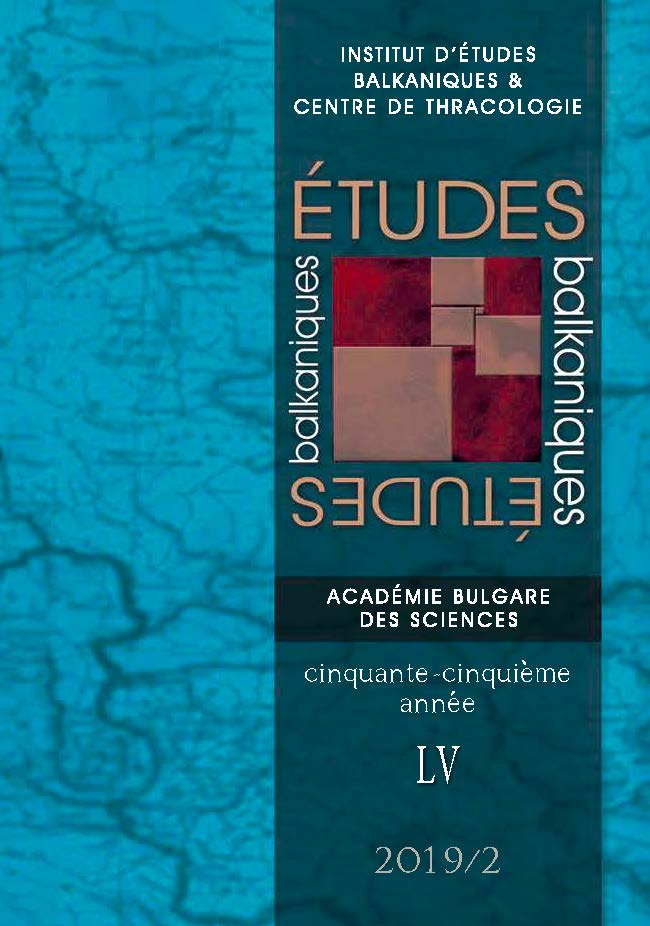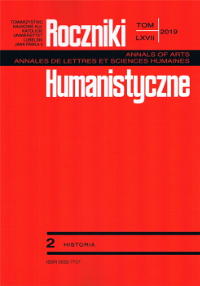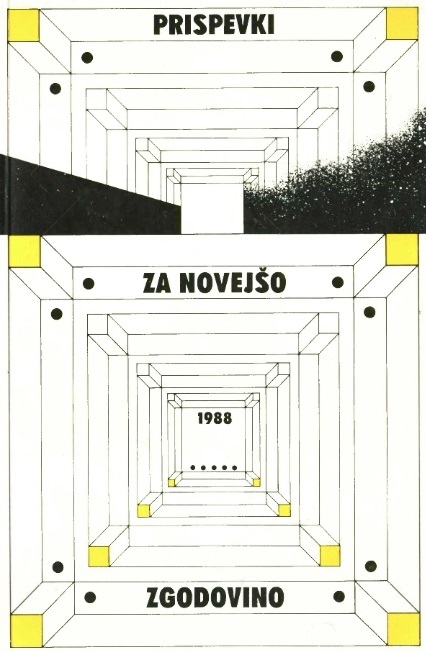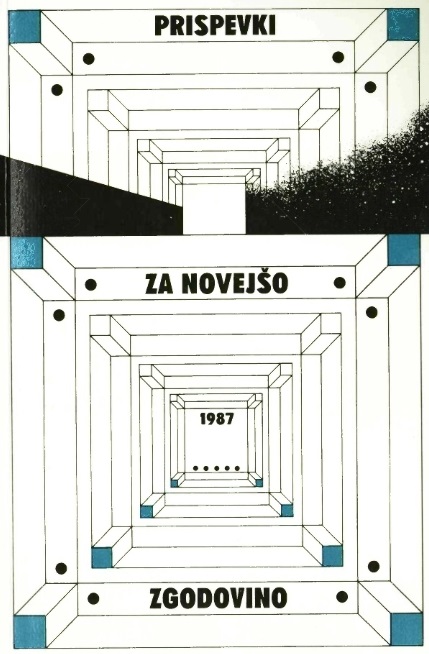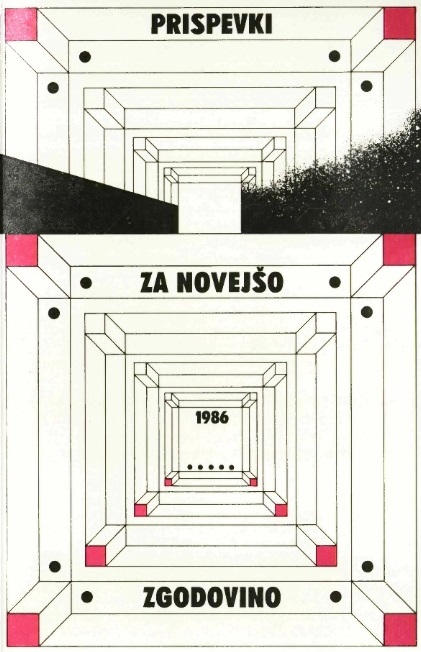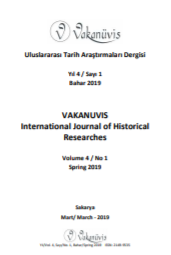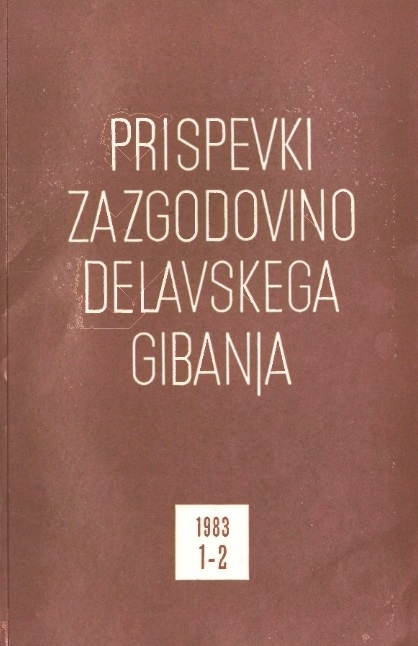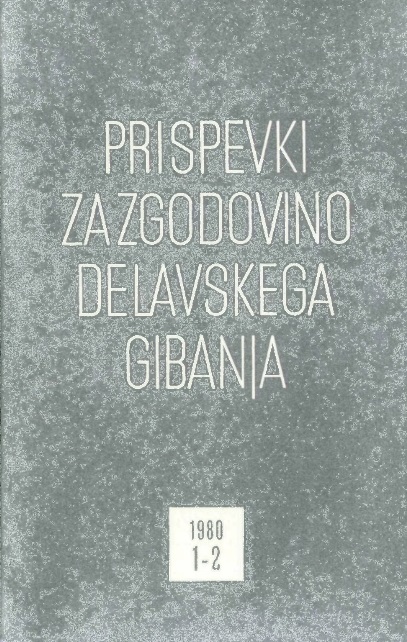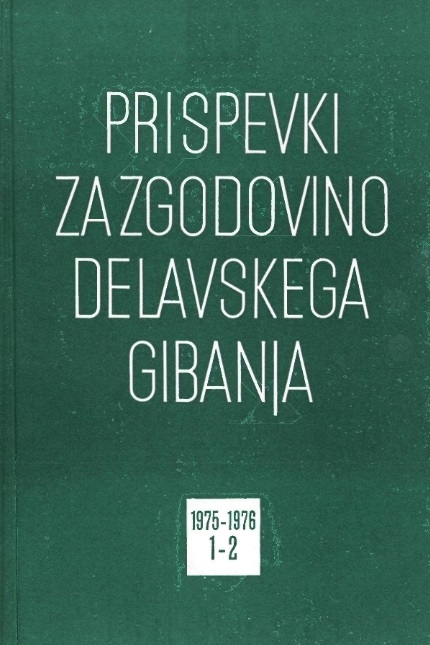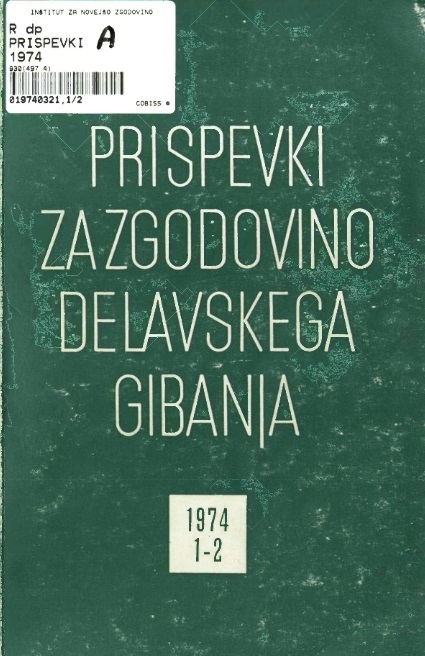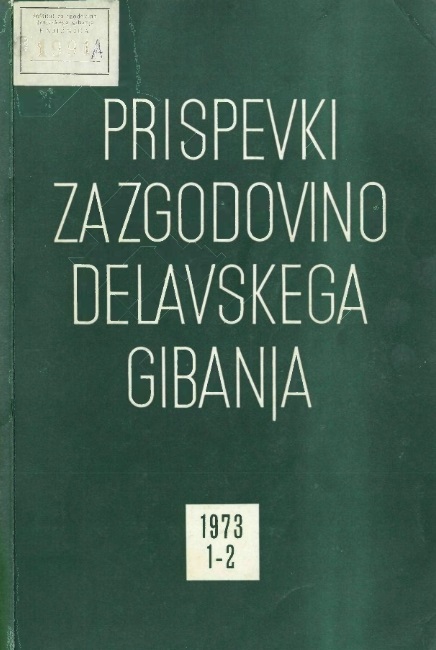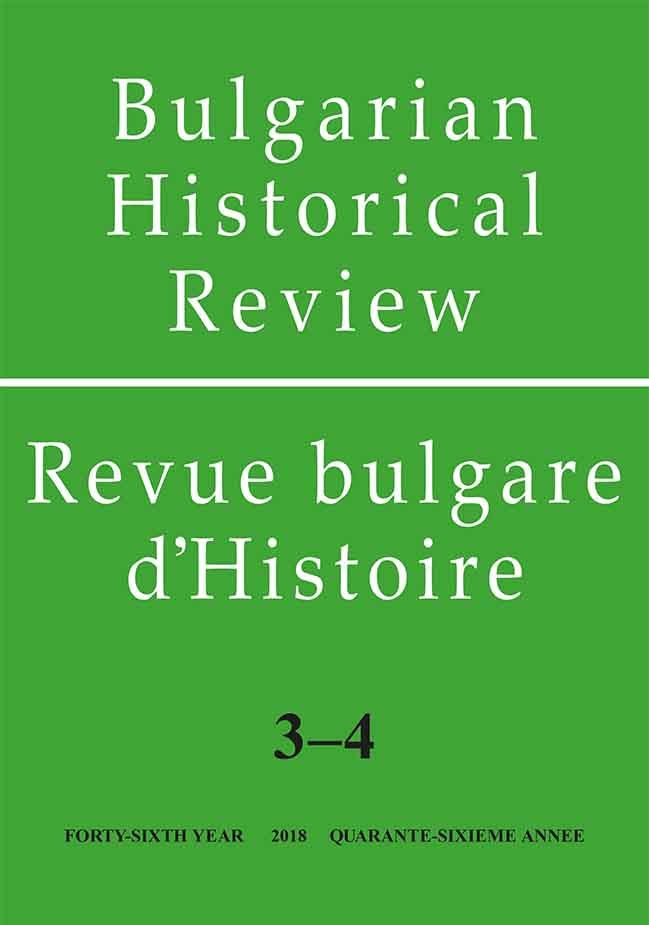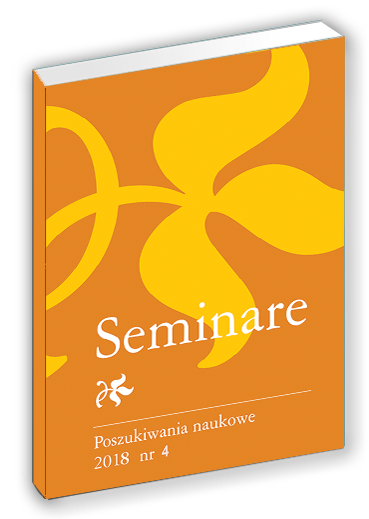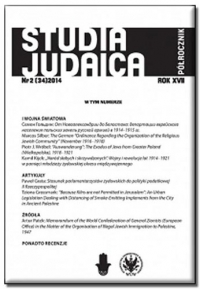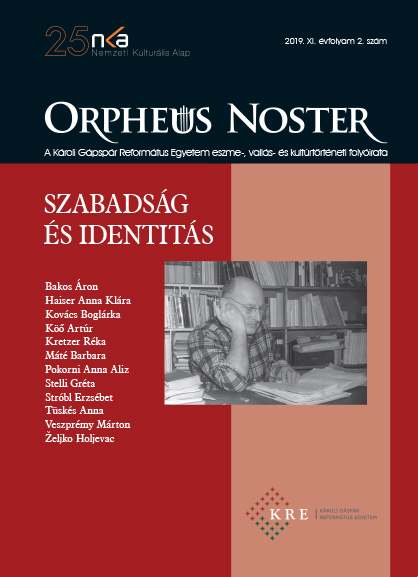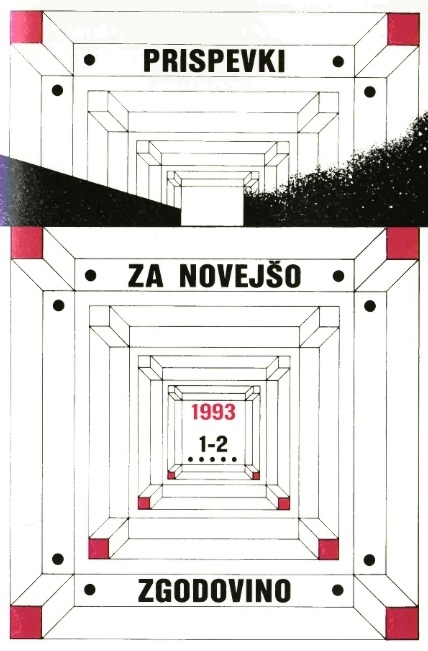
Napori socialdemokratskega tabora za ponovno oživitev druge internacionale v letih 1918-1923
The author describes the organisational effort made by the Social Democrats to renew the Second International within circumstances of an ongoing war. Within this context he focuses on the theoretical views of both the right International (located in Bern) and the centrist faction (located in Vienna) concerning the key issue of ways and means to overcome and organisational and ideological rift within the international socialist movement, and the attempt to reunite the world proletariat within a joint international organisation.
More...
